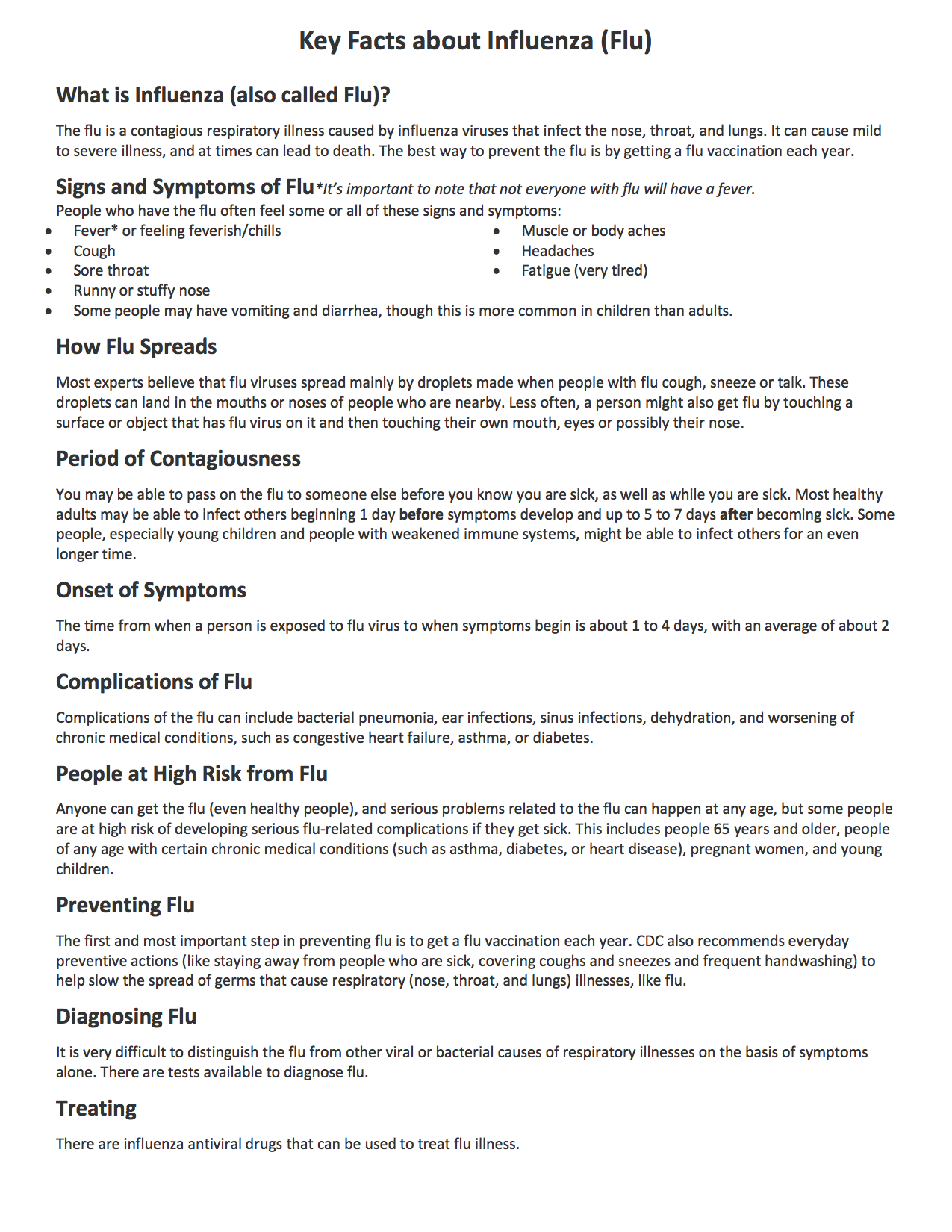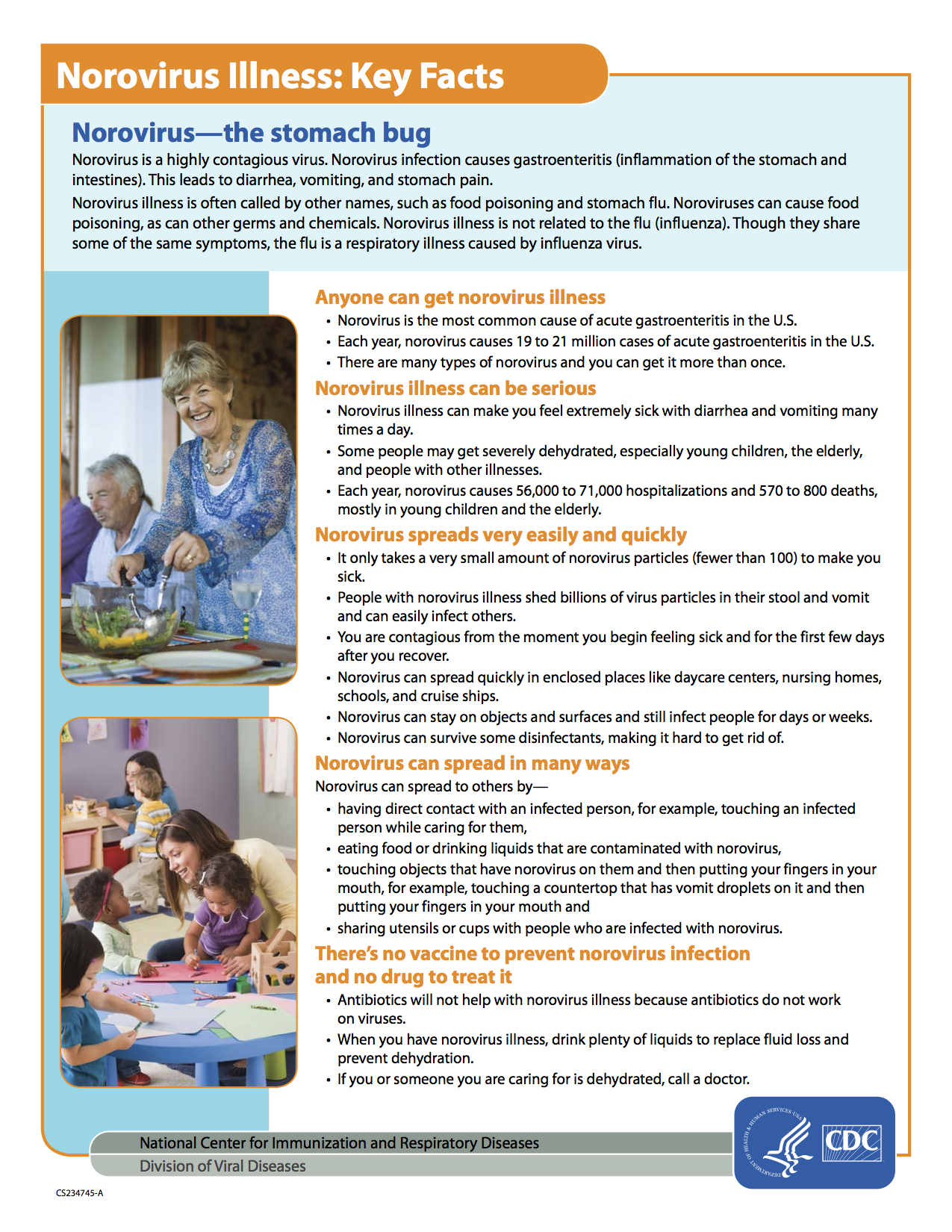HEALTH REQUIREMENTS
Nebraska State Law dictates the following requirements for enrollment:
Kindergarten- Immunizations against DPT(3, with 1 after 4 years of age), Polio(3), MMR(2), Hep B(3), Varicella(2 doses or documentation of having had the disease); a physical; and a vision exam.
7th Grade- Immunizations against DPT(3), Tdap(1), Polio(3), MMR(2), Hep B(3), Varicella(2 doses or documentation of having had the disease); a physical exam.
Transfer Students from Out of State- Immunizations against DPT(3), Polio (3), MMR(2), Hep B(3),Varicella(2 doses or documentation of having had the disease); a physical exam; and a vision exam.
Athletes- A NSAA physical form and signed parent form must be turned in prior to participation in practices. No waiver can be accepted.
*some waivers and provisional enrollments may be available.
MEDICATIONS
The administration of medication at school is strongly discouraged except when necessary for the student's health or education. If a student must take prescribed medication during school hours, it must be administered through the health and guidance offices. The medication must be in the original prescription container and kept in the health office. Non-prescription medications in their original container must also be kept in the health office. The student may go there at the prescribed time or when the medication is needed. Medication must be accompanied by written parental permission. Medications that will be given long term must also have physician permission signed.
Covid-19 Vaccination Information
St. Mary's Hospital and Clinic provides the following information regarding Covid-19 vaccinations for school-age children.
SCHOOL HEALTH

VARICELLA REQUIREMENT
All students, K-12, are required to be have two doses of the chickenpox, or Varicella, vaccine, unless that student has had the chickenpox. Below is a link to the form you should fill out and sign and send to your child's school to aid in the process of verifying all our students have met this requirement.
VARICELLA DOCUMENTATION IN SPANISH
What immunizations are required for enrollment in public schools in Nebraska?

STREP THROAT
Streptococcal Sore Throat/Scarlet Fever
Streptococcal sore throat (strep throat) and scarlet fever (a strep throat with a rash) are common infections in young children. These illnesses are usually not serious. However, complications such as rheumatic fever or kidney disease may rarely develop if children do not receive proper antibiotic treatment. Cause: Streptococcus bacteria (Group A beta hemolytic strep) Symptoms: Sudden onset of fever, sore throat, swollen glands, headache, abdominal pain. Nausea and vomiting may occur with severe cases. With scarlet fever, a very fine, bright red, raised rough texture rash (feels like sandpaper) is present. A fuzzy white tongue followed by a beefy-red "strawberry tongue" may occur. The rash appears most often on the next, chest, inner thigh, and in folds of the armpit, elbow, and groin. Later on, there may be peeling of the skin on the fingertips and toes. Spread: Person-to-person from nose and throat secretions of infected persons (those with and without symptoms). Incubation: It usually takes 1 to 3 days from the time a person is exposed until symptoms develop. Contagious Period: Until at least a full 24 hours after treatment begins and fever is gone. Exclusion: Until at least a full 24 hours after treatment begins and until child is without fever for 24 hours. Prevention/Control 1. If your child does not appear well or develops a sore throat and other symptoms listed above, keep him/her home and call your physician. 2. Diagnosis: Confirmed by identification of strep in the throat, either by throat culture, or by using a rapid test which can provide results the same day. 3. Treatment: If the culture is positive, a penicillin shot or antibiotics taken by mouth (usually 10 days) are prescribed. This treatment will help to prevent more serious illness such as rheumatic fever, which can damage the heart valves.
